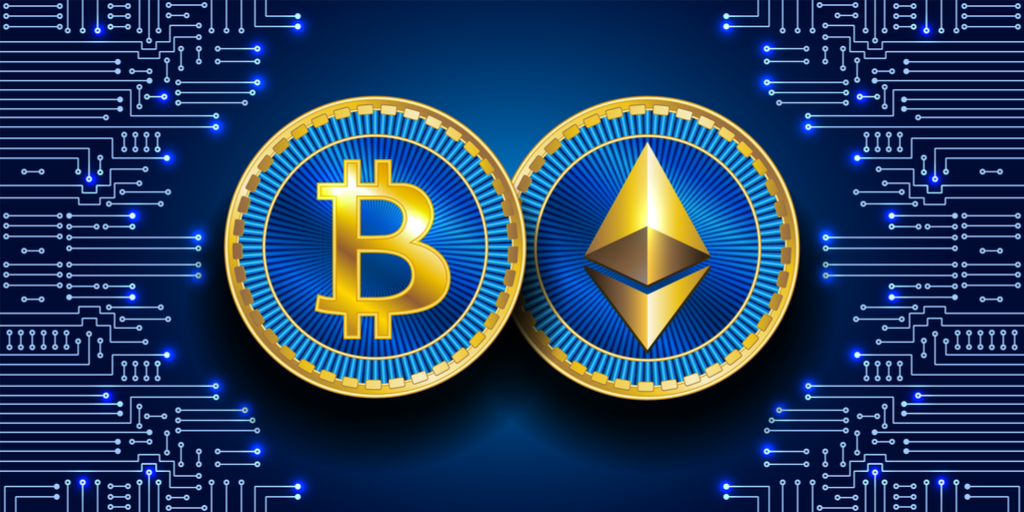Decentralized Finance, commonly referred to as DeFi, represents a revolutionary shift in the financial landscape by leveraging blockchain technology to create a transparent, open, and permissionless ecosystem. Unlike traditional financial systems, which rely on centralized intermediaries such as banks or institutions, DeFi platforms operate on decentralized networks, enabling peer-to-peer transactions and self-executing smart contracts. This innovation eliminates the need for middlemen, reducing costs and increasing accessibility for users worldwide. One of the defining characteristics of DeFi is its inclusivity. Traditional financial services often exclude individuals without access to banking infrastructure, but DeFi applications only require an internet connection and a digital wallet. This opens up financial opportunities to unbanked populations and those in regions with limited access to conventional banking. With this technology, anyone can lend, borrow, save, or invest, bypassing the gatekeepers of traditional finance.

Transparency is another cornerstone of DeFi. Transactions and smart contract executions are recorded on public blockchains, ensuring that all activities are traceable and verifiable. This level of openness reduces the potential for fraud and corruption, fostering trust among participants. Moreover, the use of programmable smart contracts automates processes, minimizing human error and enhancing efficiency across financial services. The scalability and diversity of applications within the DeFi ecosystem are remarkable. From decentralized exchanges to lending protocols, stablecoins, and synthetic assets, the scope of services is continually expanding. These innovations cater to various financial needs, enabling users to trade, earn interest, or hedge against market volatility without relying on centralized institutions. The composable nature of DeFi protocols allows developers to integrate multiple services, creating robust, interconnected financial solutions.
However, with its rapid growth, DeFi also brings challenges. Security vulnerabilities, regulatory uncertainties, and the potential for market manipulation are pressing concerns. As the ecosystem evolves, developers and stakeholders must prioritize robust security measures and collaborate with regulators to establish frameworks that balance innovation with compliance. Addressing these challenges is crucial for sustaining long-term growth and gaining broader acceptance. Despite its complexities, DeFi is poised to redefine how people interact with financial systems. By offering greater control, transparency, bitcoin news and accessibility, it empowers individuals and democratizes finance on a global scale. As the technology matures and adoption grows, DeFi could become a central pillar of the digital economy, fundamentally transforming the way value is exchanged and managed in the modern world.